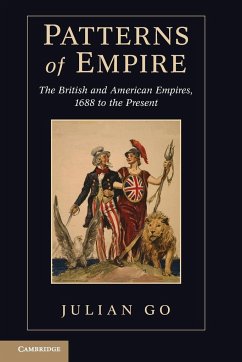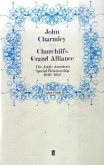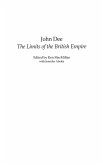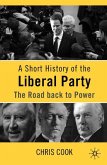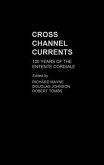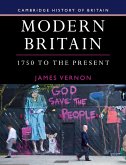Patterns of Empire examines the two most powerful empires in modern history: the United States and Britain. The book shows how the policies, practices, forms and historical dynamics of the American empire repeat those of the British, leading up to the present economic and political climate. Patterns of Empire comprehensively examines the two most powerful empires in modern history: the United States and Britain. Challenging the popular theory that the American empire is unique, Patterns of Empire shows how the policies, practices, forms and historical dynamics of the American empire repeat those of the British, leading up to the present climate of economic decline, treacherous intervention in the Middle East and overextended imperial confidence. A critical exercise in revisionist history and comparative social science, this book also offers a challenging theory of empire that recognizes the agency of non-Western peoples, the impact of global fields and the limits of imperial power
Hinweis: Dieser Artikel kann nur an eine deutsche Lieferadresse ausgeliefert werden.
Hinweis: Dieser Artikel kann nur an eine deutsche Lieferadresse ausgeliefert werden.
'Rigorously thought out, lucidly written, and empirically insightful, Julian Go's work dispatches arguments that the United States has not been an empire and sets out convincingly the changing nature of that empire. Far from being just a demonstration of what ought to have been obvious before now - the role of empire in American history - Go advances our understanding of the trajectory of empire and informs contemporary debates about the future of the United States and its global hegemony. This is a stunning application of transnational and comparative methods of analysis.' Ian Tyrrell, Scientia Professor of History, University of New South Wales

